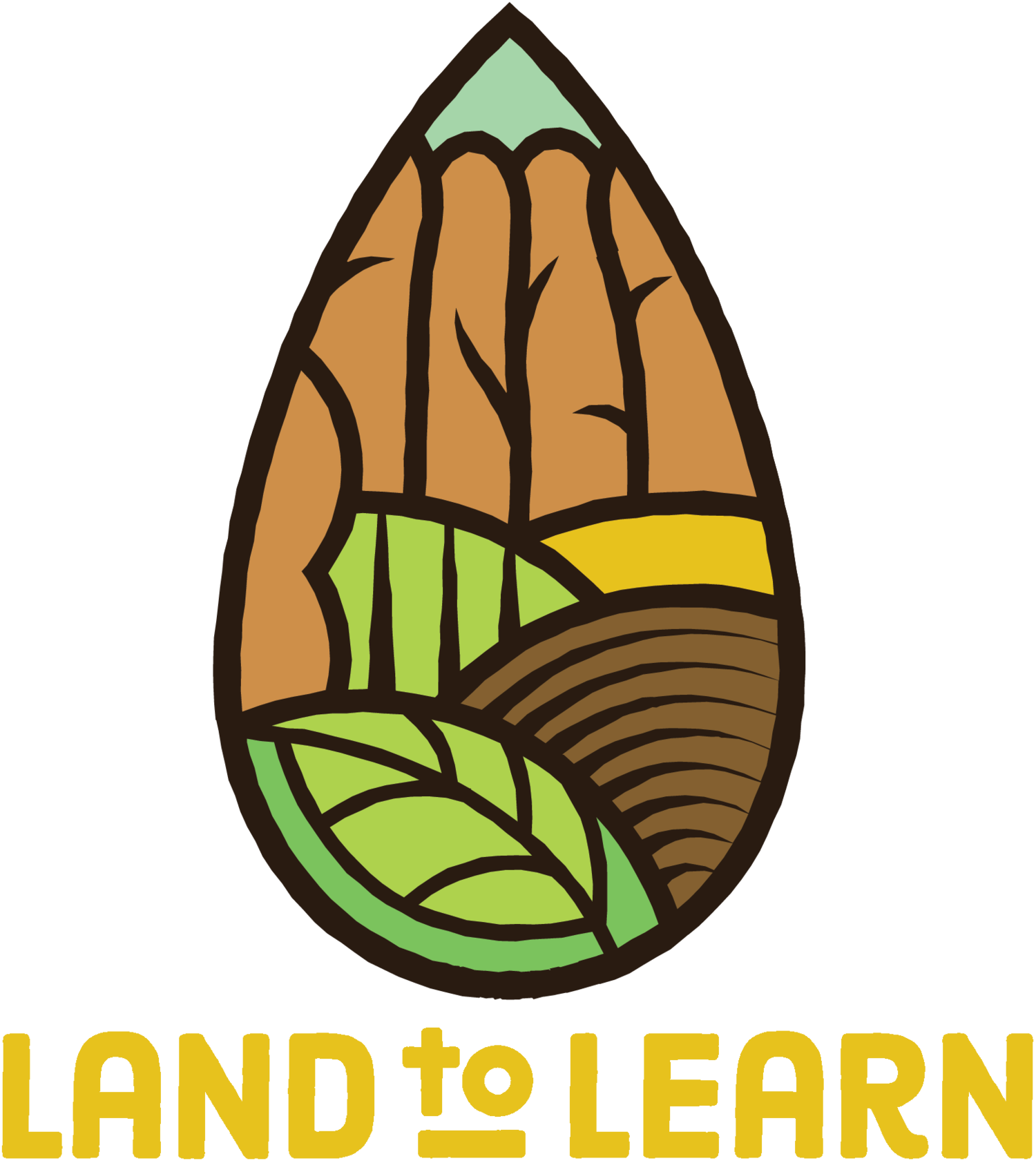We believe strongly in creating healthy, safe spaces for children and for wildlife. HVS transforms boring mowed grass fields with poor soil into vibrantly active garden spaces on school grounds. In our gardens we use untreated wood free of harmful chemicals for growing boxes and other structures. Pathways are covered with natural woodchips. We do not till the soil, which disrupts the underground ecosystem, but rather we build soil in place by layering mulch and compost that invites decomposers and other soil fauna to enrich and mix the materials. The result of this process is a productive growing space filled with worms, bacteria, beetles, fungi, and other beneficial organisms. In addition to making our own compost with garden waste, we use naturally processed, additive free soil and compost, including certified organic potting soil to start seeds. 90% of seeds we buy are organic and open-pollinated/heirloom, purchased from conscientious, regionally-based companies. Sustainably sourced fish and seaweed based fertilizer is minimally applied to plants throughout the growing season. To manage weeds we use mulch hay and pull unwanted plants by hand. We use safe pest management strategies such as floating row cover, fabric that lays over crops creating a physical barrier to protect plants from insects. The only insecticide spray we use is a homemade garlic pepper solution that is applied sparingly. We try our best to maintain balanced ecosystems in our gardens. Endangered native ladybugs are purchased and released as biological control of aphids, an insect pest that attacks many garden crops. Our gardens serve the ecological community by offering a healthy habitat and food and refuge in urban areas. Alongside our vegetables we plant flowers for pollinating insects like native bees and butterflies. We have found praying mantises and toads living in intentionally created garden spaces. Many species of birds are invited to feast on the critters that live in the rich soil and the sunflower seeds. We leave standing dead sunflower and corn stalks throughout the winter for birds to perch on above the snow. Each garden has a compost pile where we put plant debris and kitchen scraps to be recycled into useable, nutrient-rich soil. In these piles we see interesting ecological interactions such as earthworms decomposing dead plants and spiders eating ants. These gardening practices are Hudson Valley Seed's way of caring for and improving the environment of the communities where we work.
